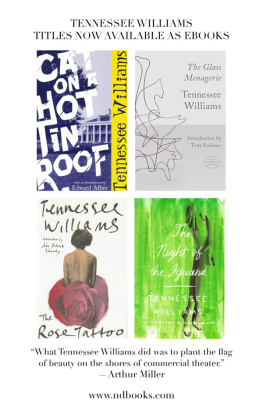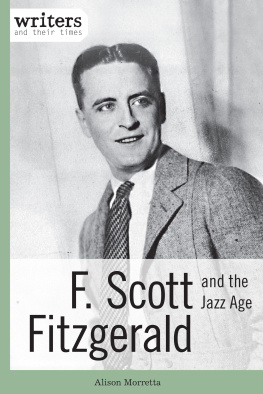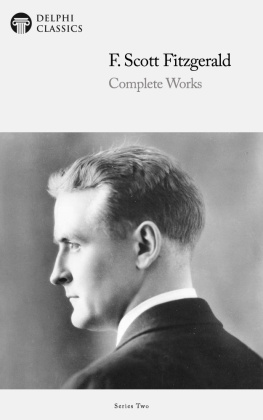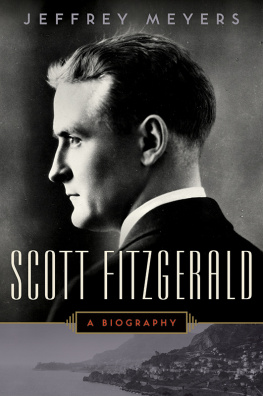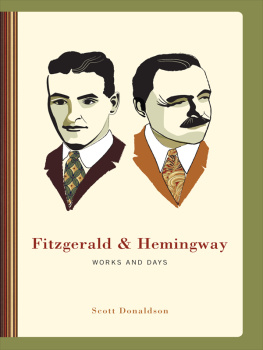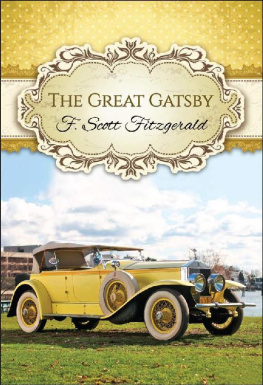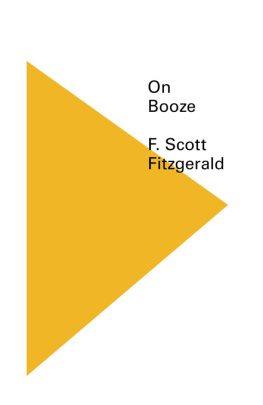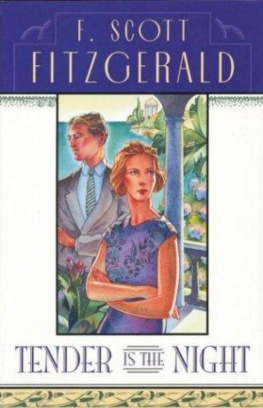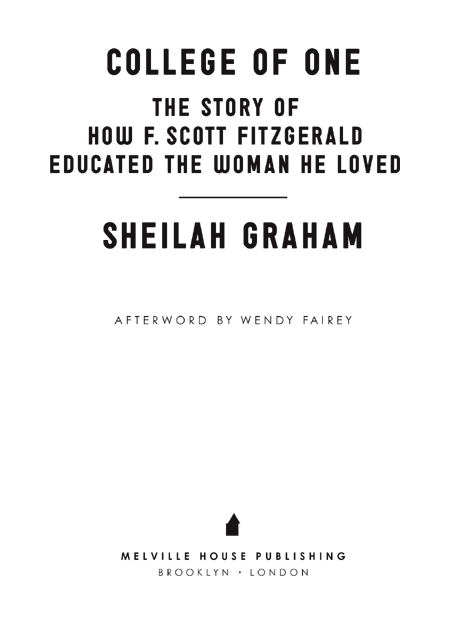COLLEGE OF ONE
SHEILAH GRAHAM (190488) was born Lily Shiel in Leeds, England, the youngest of six children in a desperately poor family of Ukrainian Jews who had fled the pogroms at home. Her father died young, and because of the familys straitened financial circumstances, her mother was forced to place Lily in an orphanage at the age of six. When she left school, she got a job in a department store demonstrating a toothbrush that cleaned only the backs of teeth. At eighteen, she married an older businessman and became a chorus girl, joining the ranks of Cochrans Young Ladies. She based her first newspaper piece, a casual called The Stage Door Johnnies by a Chorus Girl, on these experiences. In 1933, she moved to the United States to work as a reporter for the New York Mirror, and soon was recruited to write a nationally syndicated daily column on Hollywood. For the next thirty-five years, she would be the most powerful Hollywood gossip columnist, carried by more newspapers than Louella Parsons and Hedda Hopper, with her own radio program, and later, a television show. In 1937, she met and fell in love with F. Scott Fitzgerald; they would live together until his death in 1940. Grahams memoir of her time with Fitzgerald, Beloved Infidel, was an international bestseller that was made into a movie starring Gregory Peck and Deborah Kerr. She died in Palm Beach, Florida.
WENDY FAIREY is the daughter of Sheilah Graham and the philosopher A. J. Ayers. She teaches English literature and creative writing at Brooklyn College. She is the author of One of the Family, a family memoir, and Full House, a collection of linked stories.
 THE NEVERSINK LIBRARY
THE NEVERSINK LIBRARYI was by no means the only reader of books on board the Neversink. Several other sailors were diligent readers, though their studies did not lie in the way of belles-lettres. Their favourite authors were such as you may find at the book-stalls around Fulton Market; they were slightly physiological in their nature. My book experiences on board of the frigate proved an example of a fact which every book-lover must have experienced before me, namely, that though public libraries have an imposing air, and doubtless contain invaluable volumes, yet, somehow, the books that prove most agreeable, grateful, and companionable, are those we pick up by chance here and there; those which seem put into our hands by Providence; those which pretend to little, but abound in much. HERMAN MELVILLE , WHITE JACKET
COLLEGE OF ONE
Copyright 1966, 1967 by Sheilah Graham
Afterword copyright 2013 by Wendy Fairey
First Melville House printing: May 2013
A portion of the afterword has been adapted from Wendy Faireys memoir,
Bookmarked: The Life and Adventures of a Reader of English Fiction.
Design by Christopher King
Melville House Publishing
145 Plymouth Street
Brooklyn, NY 11201
and
8 Blackstock Mews
Islington
London N4 2BT
www.mhpbooks.com
eISBN: 978-1-61219-284-0
A catalog record for this title is available from the Library of Congress.
v3.1
For those who hope for an education
ACKNOWLEDGMENTS
I wish to thank Scotts daughter, Mrs. Samuel Lanahan, Jr., for her great generosity always in allowing me to use anything you like from the treasures of her fathers papers. And my thanks go to Professor John Kuehl for his help before I started to write this book, and for his encouragement and insistence that I could do it; to Scotts secretary, gentle Frances Kroll Ring, who reminded me of several incidents I might have forgotten; and to Princeton University, which I am beginning to love almost as much as did Scott, for permission to quote from all documents relating to Scott. And most of all I wish to thank Mr. Alexander Clark, Curator of Manuscripts in the Department of Rare Books and Special Collections at the Princeton University Library, who with his assistant, Mrs. Randall, was unfailingly helpful on my numerous visits to the Library as I sought the material for this book.
CONTENTS
AFTERWORD
by Wendy Fairey
FOREWORD
In telling the story of College of One, it was inevitable that I would have to retrace some of the incidents of Beloved Infidel, the first correct account of F. Scott Fitzgeralds last years in Hollywood. The education devised for me by Scott took place during the same period. This new book, however, deals less with our relationship than with the courses of study he planned for methe teacher and the pupil, our College of One. Where it does become personalhow could I write about Scott without also revealing what I felt for him?I have tried to be objective, to see the man as he was, viewing him as calmly as possible, rather than as a woman in love with him so long ago.
The book has not been easy to write, and during the past two years I have sometimes wanted to abandon it. There can be few mistakesnone, if possiblein a book that deals primarily with education. I am not used to being so careful and I have found the constant checking of facts, and the remembering, exhausting at times. But each time I decided positively that I would not continue, I felt intensely depressed. College of One could not be thrown away. In a sense it is Scotts bookthe story had to be told; an unusual mans ideas on what constituted an education had to be preserved. It is a new chapter to add to what is already known about an author who has been microscopically investigated in all the other areas of his life.
This is the last book I shall write about Scott Fitzgerald. My next book will be a novel, for which I already have the theme and title. When I write it, I will try to rememberas I have tried with this bookwhat Scott taught me about writing, not to use the first thought, or even the second, but to go deep inside the mind, to the third and fourth layer, so that what is translated into words is the best of which the writer is capable.
S.G.
CHAPTER ONE
THE LOSING AND THE FINDING
OF COLLEGE OF ONE
THE CURRICULUM FOR MY COLLEGE OF ONE WAS lost. I discovered its disappearance in 1954 when a magazine editor visited me in Beverly Hills and suggested I write the story of my life. He knows, I thought. What you really want, I said, is an account of my time with Scott Fitzgerald. In recent years editors had approached me about this, and my answer had always been No. We want to know about you, this one assured me, an English girl who came to America. Why did you come and did you find what you came for? Of coursecasuallyanything youd write about Fitzgerald would be interesting. I would think about it, I promised.
I had been thinking about it ever since I had read Arthur Mizeners biography of Scott, The Far Side of Paradise, and Budd Schulbergs unsympathetic portrait in his novel The Disenchanted


